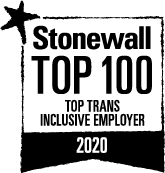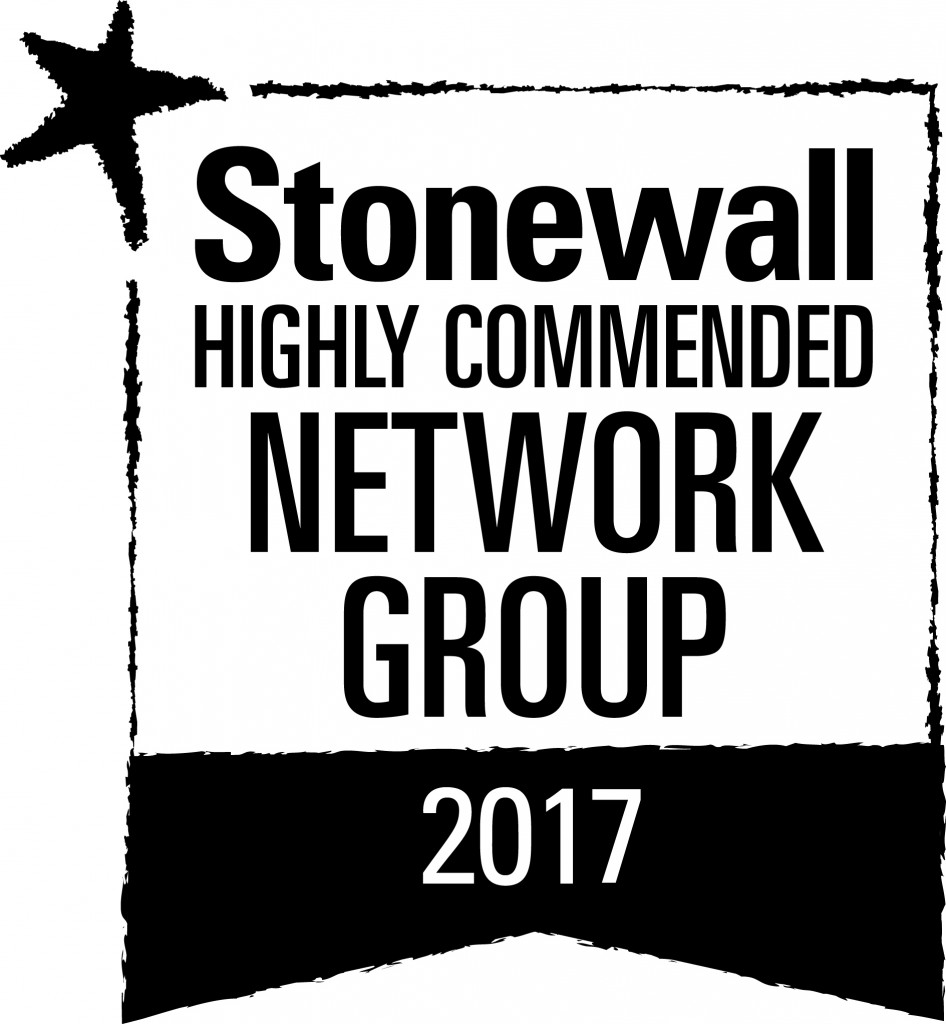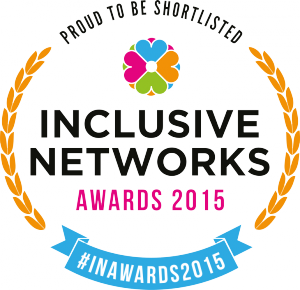Campus North March 2014
Campus North, a federation of northern higher education LGBT staff network, held a meeting on Friday 28 March at the University of Bradford. This was the second that representatives of York St John University had attended.
Introduction
Dr Clare Beckett, Senior Lecturer in the School of Social and International Studies, provided an introduction to the meeting, speaking about the journey of the LGBT Network at the University of Bradford. She had been one of the founding members alongside Jak Radice, who had convened the meeting. She had received hateful email when it was first established. Initially it was an informal discussion group with open membership, then it steadily developed into a pressure group and now it is a formally-recognised Network supported by the Equality and Diversity Unit. The Network is also supported by active student groups and the Bradford Equity Partnership. At the University of Bradford, every school has at least one Diversity and Inclusion Facilitator. The current key challenges for the Network were lack of membership growth and people often thinking the battles have been won.
Examples of good practice from other institutions
After Clare’s introduction, representatives of each institution provided an update on what had happened since the last meeting. Good practice included:
- trans awareness training;
- a traffic light system for members – green meaning out and happy to be named on the website, red meaning on the mailing list but nothing more;
- a launch event for LGBT History Month;
- joint socials with staff groups from other universities;
- a charity of the year.
International work and study
After the institutional updates, Hayley Parker, Client Account Manager at Stonewall, gave two presentations. The first was on international work and study.
According to the Higher Education Statistics Agency, approximately 6% of UK domiciled students undertook a placement overseas in 2011/12. Many countries remain unsafe or unfriendly places for LGB people to live and work in; there are scores of countries in which homosexuality remains illegal, with punishment varying from hard labour and prison sentences to death.
Hayley outlined a few top tips:
- apply policies globally – make clear that anti-LGB discrimination and harassment will not be tolerated in any regions in which you operate, including in locations where this goes beyond the local laws;
- train those involved in arranging overseas work and include support for LGB employees and students in discussions;
- provide LGB staff and students with enough information about the country they have the opportunity to work or study in, and what support will be provided, so that they can make an informed decision on whether to go;
- provide alternative, equivalent opportunities for LGB staff and students if a particular opportunity is not suitable for them due to their sexual orientation.
Stonewall have two workplace guides in this area:
- Global working: Supporting lesbian, gay and bisexual staff on overseas assignments;
- Global Values: Getting started with LGB equality worldwide.
Whilst Stonewall focus on sexual orientation, these issues are pertinent for other protected characteristics including gender reassignment, sex, disability, religion and belief and race.
Straight allies
Next, Hayley gave a presentation on straight allies; heterosexual people who believe that LGB people should experience full equality.
Hayley highlighted a few statistics:
- 2.4 million people of working age have witnessed verbal homophobic abuse in the workplace in the last five years, and 800,000 have witnessed physical homophobic bullying;
- one in five LGB people have experienced a homophobic hate crime or incident in the last three years;
- 75% of those who experience hate crimes or incidents do not report them to the police.
She noted a few challenges:
- in the UK, we’ve come a long way legally, but there is still much work to do on a social level;
- LGB people continuously need to make conscious decisions on how open they are as they meet and interact with new people; coming out is not a one-off event.
The decision to come out and be open is made easier if there are straight allies making visible expressions of commitment to LGB equality, challenging discrimination and celebrating diversity. Being open and out means LGB people can be themselves, which has been proven to have a positive impact on performance.
Hayley noted that straight allies:
- don’t need a unique set of skills;
- can appear at all levels of an organisation;
- recognise their responsibility to create an inclusive workplace;
- can sometimes have a greater impact than LGB colleagues as they aren’t seen to be promoting their own agenda.
She then outlined what straight allies can do:
- be visible – a good start would be to wear a rainbow staff lanyard (free from Human Resources);
- talk openly about LGB friends and family;
- explain the importance of equality in team meetings and inductions;
- support LGB colleagues who want to come out;
- challenge homophobic comments and banter;
- support and promote LGB role models;
- network with other allies;
- support internal LGB events;
- get involved in external LGB events – like York Pride.
Stonewall have one workplace guide in this area: Straight Allies: How to help create gay-friendly workplaces.
Hayley’s two PowerPoint presentations are available on the Moodle site. For other workplace guides by Stonewall, see the workplace guides page.









4 Responses
[…] gets discussed at these meetings, take a look at the materials from the meeting we hosted and the report from the previous meeting at the University of Bradford. If interested, contact […]